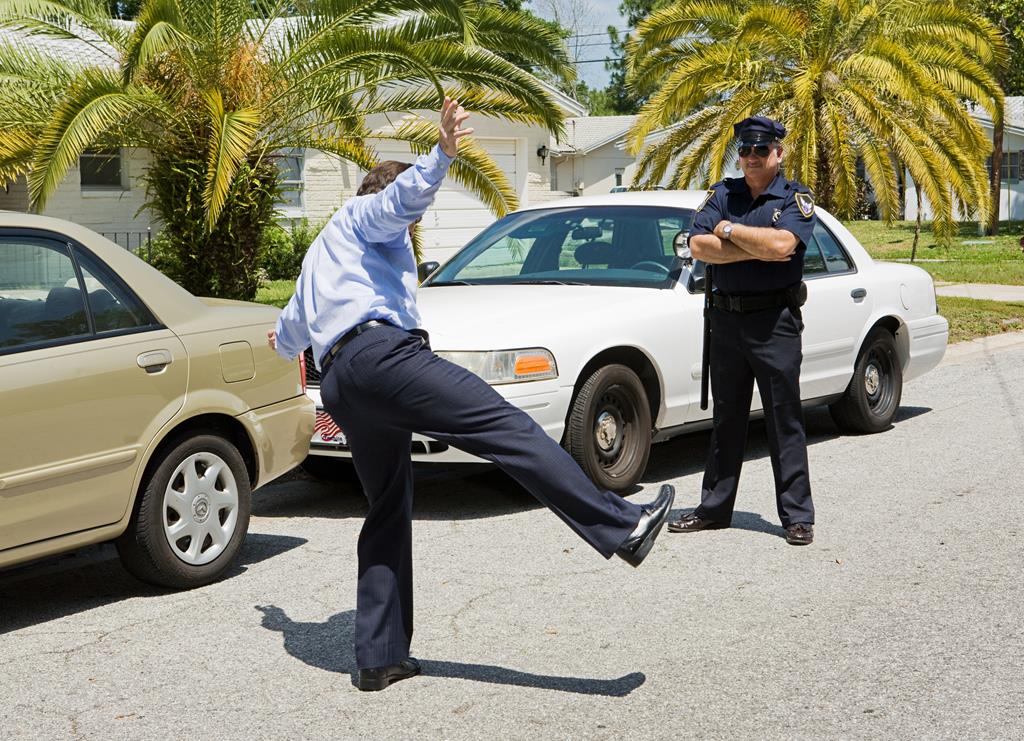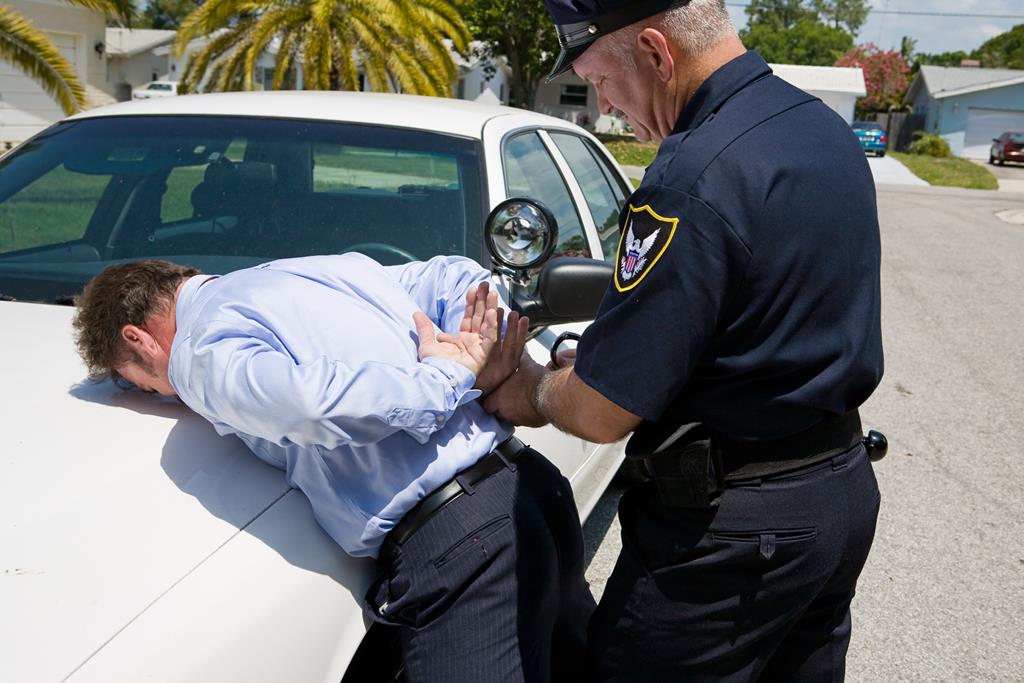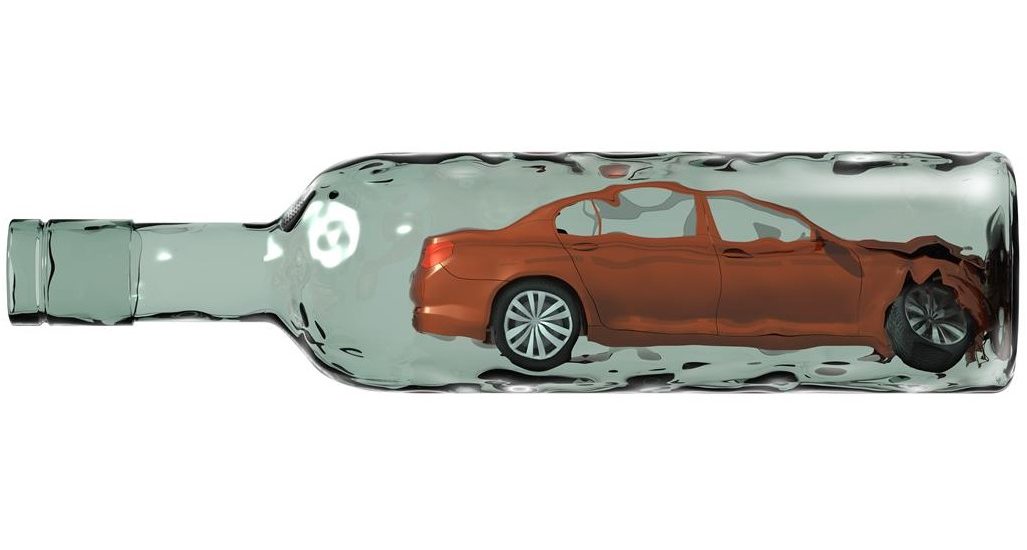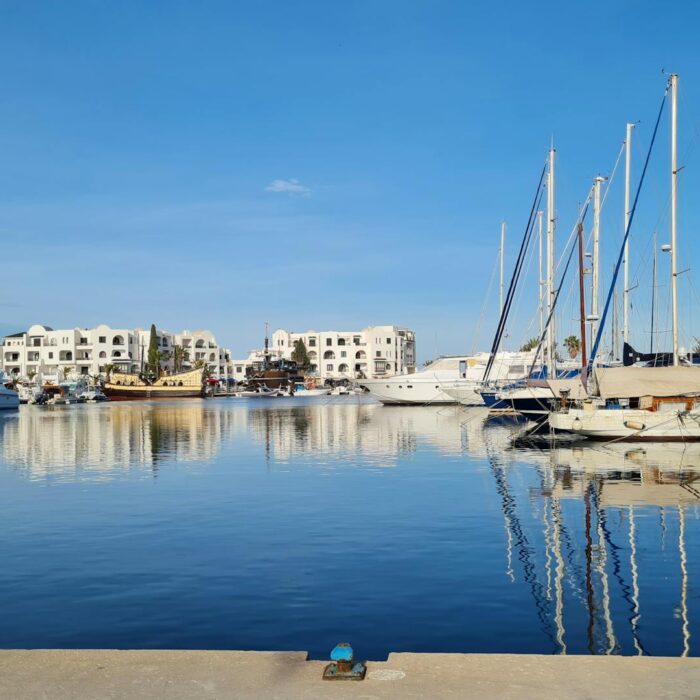Driving under the influence (DUI) of alcohol or drugs is strictly regulated worldwide. However, the methods for testing and the acceptable alcohol limits vary significantly by country. Here’s a comprehensive guide on alcohol testing procedures and permissible limits in various parts of the world.
How Police Conduct Alcohol and Sobriety Tests
Breathalyzer Tests
In most European countries, drivers must comply with breathalyzer tests when requested by traffic police. The results from these tests are typically used as evidence for imposing penalties.
Field Sobriety Tests
In countries such as Australia, Canada, Mexico, and the USA, police officers often ask drivers suspected of intoxication to perform field sobriety tests, including:
- Walking in a straight line without stumbling
- Sitting down and standing up multiple times without losing balance
- Touching the tip of the nose with eyes closed
If suspicion remains, officers can request a mandatory medical examination.

Permissible Alcohol Limits by Country
Countries with Zero Tolerance (“Dry Law”)
The following countries maintain a strict zero-alcohol tolerance policy for drivers:
- Azerbaijan
- Armenia
- Bahrain
- Hungary
- Indonesia
- Jordan
- Italy
- Kazakhstan
- Qatar
- Cuba
- Mali
- Maldives
- Morocco
- UAE
- Oman
- Panama
- Russia
- Romania
- Saudi Arabia
- Slovakia
- Tajikistan
- Tunisia
- Uzbekistan
- Ukraine
- Czech Republic
- Japan
Countries with Specific Alcohol Limits
0.1 ‰ Limit:
- Albania, Algeria, Guyana, Palau.
0.2 ‰ Limit:
- China, Mongolia, Norway, Poland, Sweden, Estonia.
0.3 ‰ Limit:
- Belarus, Georgia, India, Moldova, Turkmenistan, Uruguay.
0.4 ‰ Limit:
- Lithuania, Jamaica.
0.5 ‰ Limit:
Most European countries and several others, including:
- Australia
- Austria
- Argentina
- Belgium
- Bulgaria
- Bosnia and Herzegovina
- Chile
- Denmark
- Egypt
- Finland
- France
- Germany (zero for drivers under 21 or with less than 2 years’ experience)
- Greece
- Cyprus
- Kyrgyzstan
- Latvia
- Mauritius
- Macedonia
- Malaysia
- Micronesia
- Monaco
- Netherlands
- Peru
- Portugal
- Serbia
- Thailand
- Turkey
- Philippines
- Croatia
- Montenegro
- Switzerland
- South Africa
- South Korea
0.7 ‰ Limit:
- Bolivia, Ecuador.
0.8 ‰ Limit:
- Bahamas, United Kingdom, Canada, Kenya, Liechtenstein, Luxembourg, Mexico, Nicaragua, New Zealand, Puerto Rico, San Marino, Seychelles, Singapore, USA (varies by state, generally 0.8 ‰), Sri Lanka.
1.0 ‰ Limit:
- Burundi, Cayman Islands, Lesotho.
Countries Without Specified Limits
- Bhutan, Vanuatu, Gabon, Dominican Republic, Kiribati, Comoros, Congo, Togo.
Penalties for Driving Under Influence Worldwide
Penalties vary considerably and may include:
- Romania: Fines and license suspension for levels up to 0.8 ‰, imprisonment above 0.8 ‰.
- Germany: €500 fine and one-month suspension for alcohol levels up to 1.1 ‰; license revoked for one year if higher.
- Japan: Minimum fine of $8,700 plus an additional $3,000 for each adult passenger.
- USA: Penalties vary by state, typically a $1,000 fine for first offenses; serious accidents can lead to extended imprisonment or, in some states like Ohio, the death penalty.
- China: Strict penalties including the possibility of execution for severe accidents caused under intoxication.

Important Notes
- Always verify the latest alcohol limits before driving abroad, as regulations can change.
- Equipment used for alcohol tests can sometimes show inaccuracies up to 0.2 ‰, a margin accepted in some jurisdictions.
- In nearly all U.S. states, having an open alcohol container in the vehicle cabin is prohibited.
Recommendations for International Drivers
The safest policy when driving internationally:
- Completely avoid alcohol before driving.
- Always carry your International Driver’s Permit (IDP) to ease communication and compliance checks with local authorities.
Stay safe, informed, and responsible when driving abroad!

Published June 01, 2017 • 3m to read





